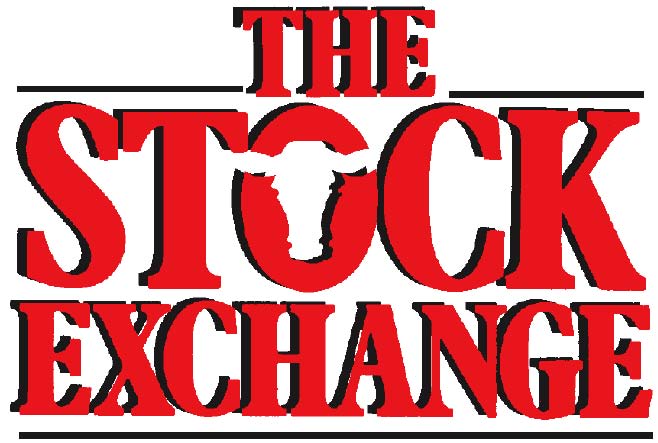New KARL class members come from farming, banking, corporate, community and more
MANHATTAN, Kan. – From Kansas City to Garden City and Sharon Springs to Liberty, members of the newest class of the Kansas Agriculture and Rural Leadership program jumped into their first seminar recently to become better acquainted and hear updates on the state of agriculture and rural communities. And that was just the first night.
“Awkward is awesome,” said one new member of KARL Class XV, who spoke of getting out of one’s comfort zone during the “Genesis Seminar” held Aug. 22-24 in Manhattan and Junction City.
The new class of 28 came from their day-to-day work in banking, education, agriculture, government and other backgrounds to build their leadership skills and learn more about their state, country and the world and how they’re all connected – all with the goal of developing effective leadership skills. Overall, they’ll attend nine in-state seminars over two years, plus a “Blue Chip” session for a closeup view of the corporate world. They’ll also travel to Washington, D.C. in 2020 and to United Arab Emirates in 2021.
Ernie Minton, dean of Kansas State University’s College of Agriculture, and Mike Beam, Kansas Secretary of Agriculture, were among the speakers at the kickoff event, hosted by the Kansas Department of Agriculture in Manhattan. The rest of the seminar was at Rock Springs Ranch near Junction City, where sessions focused on developing group dynamic skills, team building and ethics in leadership.
“These seminars are a chance for KARL class members to learn from speakers and also from each other’s experiences as they become more familiar with opportunities and challenges across the state,” said Jill Zimmerman, KARL president. She cited a presentation by Lane Letourneau of the KDA Division of Water Resources as he explained water permit types and requirements in the state and the difference between Local Enhanced Management Areas (LEMA) and Intensive Groundwater Use Control Areas (IGUCAs).
Deputy Animal Health Commissioner Justin Smith spoke with the class about animal traceability, including a pilot program called Cattle Trace. KDA Agriculture Marketing Director Kerry Wefald spoke of the current economic impact agriculture has on the state. Other presentations focused on listening and conversation; rural revitalization; civil discourse; being a courageous leader; and creating your own story.
“The best part of the session was seeing the comfort level of the group change from the prior day,” said class member Garrett Reiss of St. George, Kansas, in describing the final day of the seminar. “You could clearly see the level of conversation getting deeper and the closeness of the group increase immensely just over a couple short days.”
Making connections with current and former class members and seminar speakers is a big part of being involved in the program, Zimmerman said.
Previous KARL class members have gone on to hold elective office in their communities and at the state level, and to lead numerous state and national organizations, including Kansas Farm Bureau, National Sorghum Producers, National Association of Wheat Growers, U.S. Wheat Associates and Kansas Water Authority.
Next up for Class XV is a November 6-8 seminar in Garden City focused on economic development.
More information on KARL is available at www.karlprogram.com or by calling 785-532-6300.
Kansas State University extension
